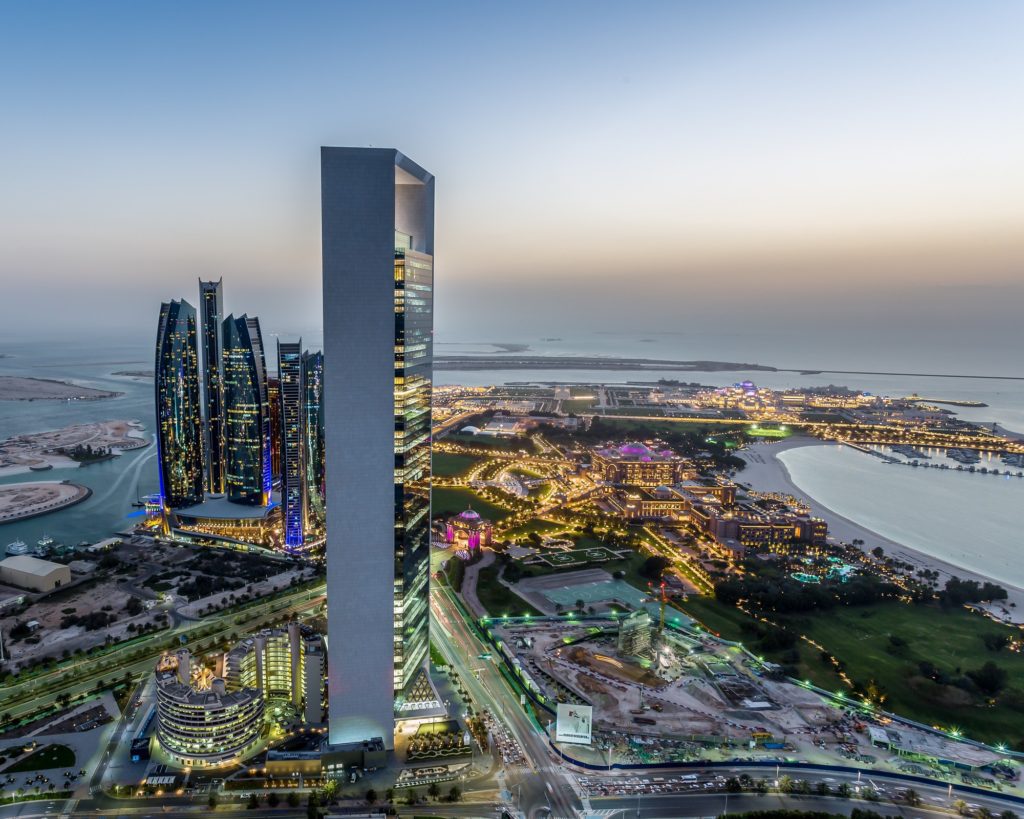Abu Dhabi’s national oil company ADNOC’s IPO strategy seems to be well-timed.
ADNOC Drilling, after its multi-billion IPO, is now aiming to repeat this success with its fertilizer JV Fertiglobe.
Fertiglobe has raised $795 million in its initial public offering (IPO), making it the third largest offering on the Abu Dhabi Securities Exchange. This week, the company has stated that at the end of the book-building process, the final offer price has been set at 2.55 dirhams ($0.69), somewhere at the middle of the price range of 2.45-2.65 dirhams indicated last week.
The company, which is a JV between Dutch-based chemical producer OCI and ADNOC, has sold 1,145,582,011 ordinary shares, equivalent to 13.8% of Fertiglobe’s total issued share capital. The current figures indicate that Fertiglobe’s market capitalization when listed is going to be around $5.8 billion. The market capitalization falls within expectations of analysts, which had indicated a range between $5.4 -$6 billion before. The IPO at present is 22X oversubscribed on average, and 32X for the Qualified Investor tranche excluding cornerstone investors. The total demand is reported to be $17.4 billion.
The Fertiglobe success follows the ADNOC’s Drilling IPO which was also a major success. At the beginning of October, the ADNOC Drilling’s IPO was reported to have reached gross proceeds of more than $1.1 billion. ADNOC indicated that the offering was 31X oversubscribed. The total registered demand reached a level of $34 billion. Due to high demand, ADNOC had already increased the offer size from 1,200,000,000 ordinary shares to 1,760,000,000 ordinary shares, equivalent to 11 percent of total issued share capital.
The above-mentioned successes could be leading to more active ADNOC propositions, as the Abu Dhabi-based oil and gas giant is heading for a full restructuring of its overall portfolio. The NOC is not only taking advantage of the current market sentiment, boosted by increased oil and gas demand worldwide, but definitely also targeting to monetize its strategic position in chemicals and fertilizers.
Fertiglobe is a prime example. Demand for fertilizers is not only predicted to increase substantially globally, but prices of fertilizers have gone up as a result of production outages in Europe and Asia. The combination of having natural resources in your own hands, needed for production or feedstock, gives ADNOC, like its compatriots Aramco, Gazprom and others, a financial advantage that currently is being monetized.
In the next couple of weeks, other projects are slated to become public, such as a new LNG investment drive by the Abu Dhabi giant, but also the rollout of a full-scale renewable energy approach to support its current strategy.
The main question then: is ADNOC considering a full-scale IPO like its Saudi peer Aramco? The timing for such an IPO could be right, with oil prices trading above $80 per barrel. Listing its national oil and gas giant on the stock exchange not only will bring in additional cash, which can be considered to be even “free-cash”, while pushing for a more interesting integration in global financial markets.
Challenges for NOC’s such as ADNOC or Aramco at present are not only to keep its crucial oil and gas strategy in place but also to increase its non-hydrocarbon business. The immense investments needed to set up a (green) hydrogen business unit, and seizing a big chunk of the renewables market will not only be costly but also tricky. ESG and SDG activists will be very wary to support NOCs in the coming years. Though oil is king, NOCs must make sure to raise sufficient money to fund future growth. Diversification and transition don’t come cheap.
(Except for the headline, this story has not been edited by The Finance World staff and is published from a syndicated feed.)


